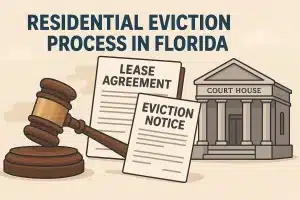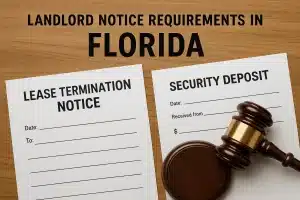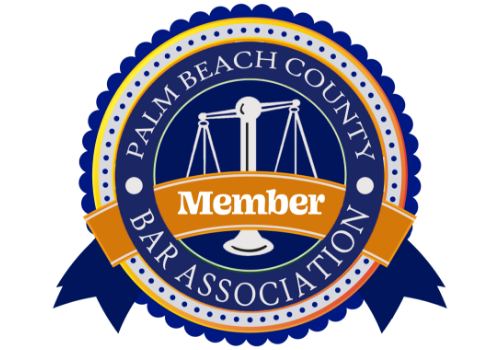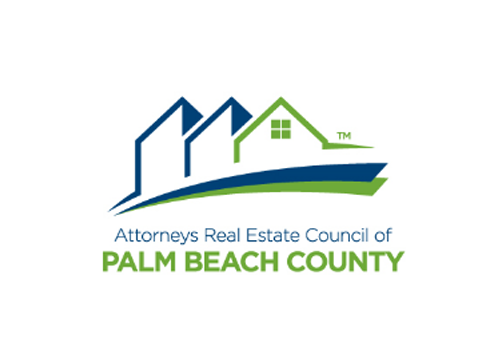
Law Blog
The High Cost of Dying for Many Non-Florida Domiciliaries

These states impose their own separate state estate taxes on top of the federal estate tax, often on estates valued as low as $1million, and they are not shy about assessing and seeking to collect their taxes. New York State’s Department of Taxation and Finance, to choose one example, maintains a special audit unit whose sole job is to challenge changes in domicile for the purpose of capturing income and estate taxes for that state. It is not the only state taking such an aggressive stance, and it is anticipated that this situation will get worse in the current economic climate.
Clients are not protected by filing a self-serving “declaration of domicile” or by simply filing for Florida homestead status. Instead, there are a number of factors that states will look at to determine individual domicile (keep in mind the term “domicile” means the true “home” of the individual, who can have several “residences”, but only one domicile). A client who wants to assure him or herself of being considered a Florida domiciliary should take heed of these factors.
The first factor that will be reviewed is the time spent at the various locales. It is crucial that greater than 184 days be spent in Florida, and that such time be quality time. In other words, a client should undertake the kinds of activities that might normally be expected of a permanent resident, such as social activities and physicians’ visits, within the state. Vacations and occasional visits to family out of the state should not count against the individual, but it is helpful if family visits in Florida as much as is practical.
An additional trap that catches a number of people each year is the “retired” entrepreneur who does not really hand his business over to his successors. If an individual business owner or manager constantly calls, faxes, and emails to participate in making decisions or policy, or to supervise or to manage the business, an auditor will not be impressed by the fact that the individual physically left the state. The functional test of discontinuing the conduct of business in a state is not met simply by relocating if active management functions continue.
Another factor is the relative size of the residence in each state. Clearly, keeping the $10,000,000 family mansion in New York State and a $500,000 condominium unit here in Florida implies that the owner places more importance on life in New York than in Florida, especially if the Florida condominium is in a project typically occupied by non-residents. It may therefore behoove the would-be Floridian to sell the large residence located elsewhere and to buy something smaller in that state, if a residence will be maintained there.
An auditor may look at the kinds of furniture, furnishings and personal items kept in each locale. Often known as the “teddy bear rule”, the theory is that a person will keep items of significant sentimental value in his or her permanent place of residence. The items in question need not be expensive (although they could be items such as important artwork), but might include photo albums and family portraits, collections of favorite books, and family heirlooms. In close questions, there are other factors that an auditor may consider in determining domicile. The important thing is that clients be aware that these issues exist, that they can have serious repercussions, and that inquiries from a former state be answered only with the assistance of counsel or their CPA. Seemingly innocuous or routine inquiries may be the prelude to a more serious investigation and audit.
The information provided in this article does not, and is not intended to, constitute legal advice; instead, all information, content, and materials available in this article are for general informational purposes only. Information in this article may not constitute the most up-to-date legal or other information. Readers should contact an attorney to obtain advice with respect to any particular legal matter. No reader, user, or browser of this article should act or refrain from acting on the basis of information in this article without first seeking legal advice from counsel in the relevant jurisdiction. Only your individual attorney can provide assurances that the information contained herein – and your interpretation of it – is applicable or appropriate to your particular situation.
The views expressed at, or through, this site are those of the author writing in their individual capacity only – not those of Scott-Harris as a whole. All liability with respect to actions taken or not taken based on the contents of this site are hereby expressly disclaimed. The content on this posting is provided “as is;” no representations are made that the content is error-free.
recent post


Navigating Florida’s Residential Eviction Process | Landlord & Tenant Guide

Landlord Notice Requirements for Residential Lease Termination and Security Deposit Claims in Florida
recent post

Residential Eviction for Nonpayment in Florida | Tenant Court Registry Requirements

Navigating Florida’s Residential Eviction Process | Landlord & Tenant Guide







